Search
Remove Ads
Advertisement
Summary 
Loading AI-generated summary based on World History Encyclopedia articles ...
Search Results

Article
The Mesopotamian Pantheon
The gods of the Mesopotamian region were not uniform in name, power, provenance or status in the hierarchy. Mesopotamian culture varied from region to region and, because of this, Marduk should not be regarded as King of the Gods in the same...
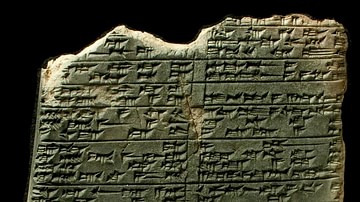
Article
Ashurbanipal's Collection of Sumerian and Babylonian Proverbs
Ashurbanipal's collection of Sumerian and Babylonian proverbs formed part of the famous Library of Ashurbanipal (7th century BCE) established at Nineveh for the express purpose of preserving the knowledge of the past for future generations...
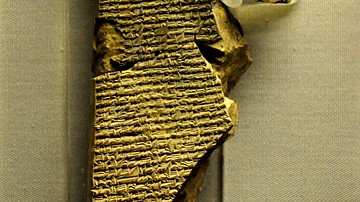
Article
Enuma Elish - The Babylonian Epic of Creation - Full Text
The Enuma Elish (also known as The Seven Tablets of Creation) is the Babylonian creation myth whose title is derived from the opening lines of the piece, "When on High". The myth tells the story of the great god Marduk's victory over the...

Definition
Hallstatt Culture
The Hallstatt culture is named after the site of that name in Austria and it flourished in central Europe from the 8th to 6th century BCE. The full period of its presence extends from c. 1200 to c. 450 BCE - from the Late Bronze Age to the...
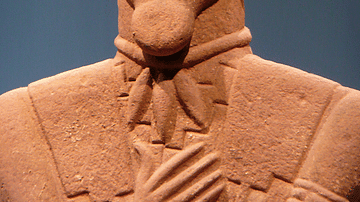
Definition
La Tène Culture
The La Tène culture (c. 450 - c. 50 BCE) is named after the site of that name on the northern shores of Lake Neuchâtel in Switzerland. It replaced the earlier Hallstatt culture (c. 1200 - c. 450 BCE) as the dominant culture of central Europe...
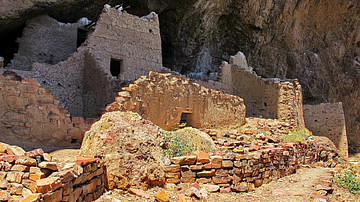
Definition
Salado Culture
The Salado culture is a term used by historians and archaeologists to describe a pre-Columbian Southwestern culture that flourished from c. 1200-1450 CE in the Tonto Basin of what is now the southern parts of the present-day US states of...
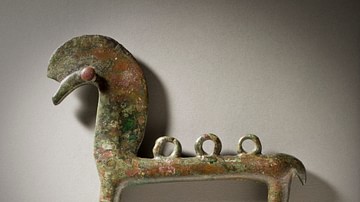
Definition
Villanovan Culture
The Villanovan culture flourished during the Iron Age in central Italy from c. 1000 to c. 750 BCE. It was a precursor of the Etruscan civilization, although the two populations are actually the same and the term Villanovan should not imply...
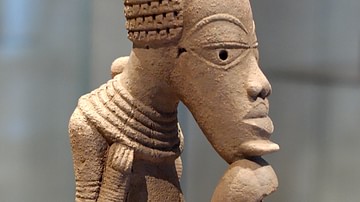
Definition
Nok Culture
The Nok culture, named after the settlement of the same name, flourished in southern West Africa (modern Nigeria) during the Iron Age from the 5th century BCE to the 2nd century CE. Famous for the distinctive terracotta sculptures of human...

Definition
Longshan Culture
The Longshan culture (aka Lung-shan) flourished in parts of late Neolithic northeast China during the third millennium BCE and was an important link in the development of Chinese civilisation from the independent neolithic communities to...
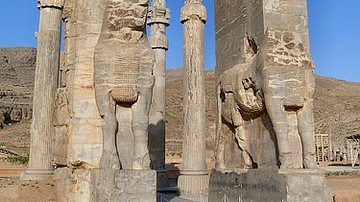
Definition
Ancient Persian Culture
Ancient Persian culture flourished between the reign of Cyrus II (The Great, r. c. 550-530 BCE), founder of the Achaemenid Persian Empire, and the fall of the Sassanian Empire in 651 CE. Even so, the foundations of Persian culture were already...